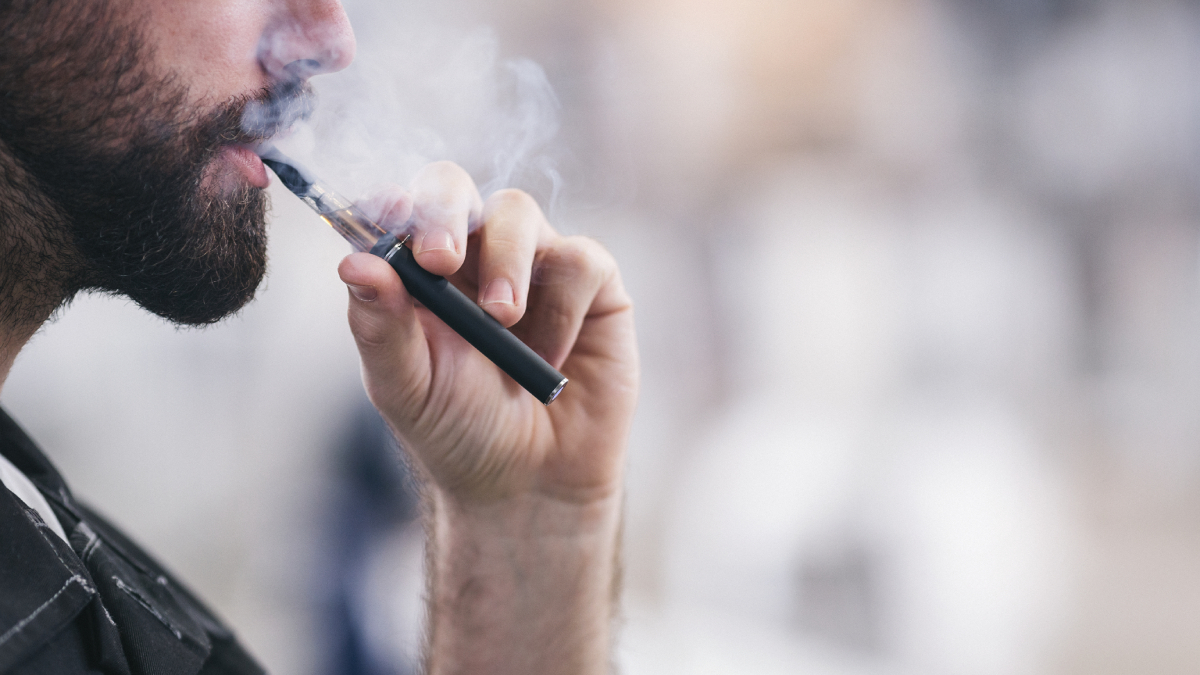The government has released its draft regulations for the disposable vape ban, outlining an implementation date of April 2025, alongside potential fines and imprisonment for illicit sellers.
Released on 11 March for England, the documents state businesses caught selling disposable vapes once the ban is implemented face a £200 fixed penalty, or a compliance/stop notice to ensure they no longer sell the products.
Failure to follow the enforcement notices could also result in furthers fines and/or imprisonment. Enforcement officers are also being given powers to enter a premises, take photographs and seize suspected illicit goods.
The document is still in draft stages, meaning changes could still be made to the ban. A definition of single-use vape is also outlined in the regulation, defining the products as;
- A single-use vape is a vape which is not designed or intended to be re-used (a “singleuse vape”) and includes any vape which is— (a) not refillable, (b) not rechargeable, or (c) not refillable and not rechargeable.
- For the purposes of this regulation, a vape is not refillable unless it is designed to include— (a) a single-use container which is separately available and can be replaced, or (b) a container which can be refilled.
- For the purposes of this regulation, a vape is not rechargeable if it is designed to contain— (a) a battery which cannot be recharged, a coil which is not intended to be replaced by an individual user in the normal course of use, including any coil which is contained in a single-use cartridge or pod which is not separately available and cannot be replaced.
An impact report was also released alongside the proposals, outlining the predicted impact the ban will have on profit across the whole retail industry. This was predicted to be £648m in 2025 and £761m in 2026.
The figure was calculated by multiplying the average price of a disposable vape by projected sales each year. This number was then multiplied by 24%, the percentage of revenue predicted to be translated into profit based on data from the Annual Business Survey.
However, the draft was criticised by the ACS. Chief executive James Lowman said: “The government is at best being incredibly naïve about what is going to happen after the disposable vape ban comes into force, convincing themselves that banning something will mean it ceases to exist. There are a wide range of fundamental problems with the impact assessment, chief of which is a drastic underestimation of the financial impact of a disposable vape ban on retailers. Using the overall turnover figure for retail businesses to calculate the profit loss of a ban on disposables marks a complete failure in understanding the category.
“The impact assessment also incorrectly refers to out of date WEEE regulations and thresholds on vape recycling that already changed in January this year. Given that these are regulations based on environmental concerns, it would seem important to be able to make an assessment that is accurate based on rules that are in force already to increase recycling rates of vapes.
“There is nothing in the regulations or the impact assessment that will deter criminals and rogue traders, who will carry on regardless. To pretend that this will do anything but boost the illicit trade is fantasy policymaking.”
The government is still accepting comments and views on the draft regulations until 25 March.



Comments
This article doesn't have any comments yet, be the first!